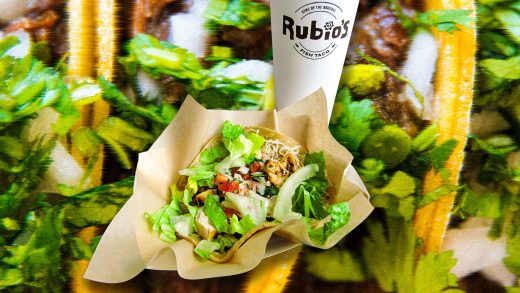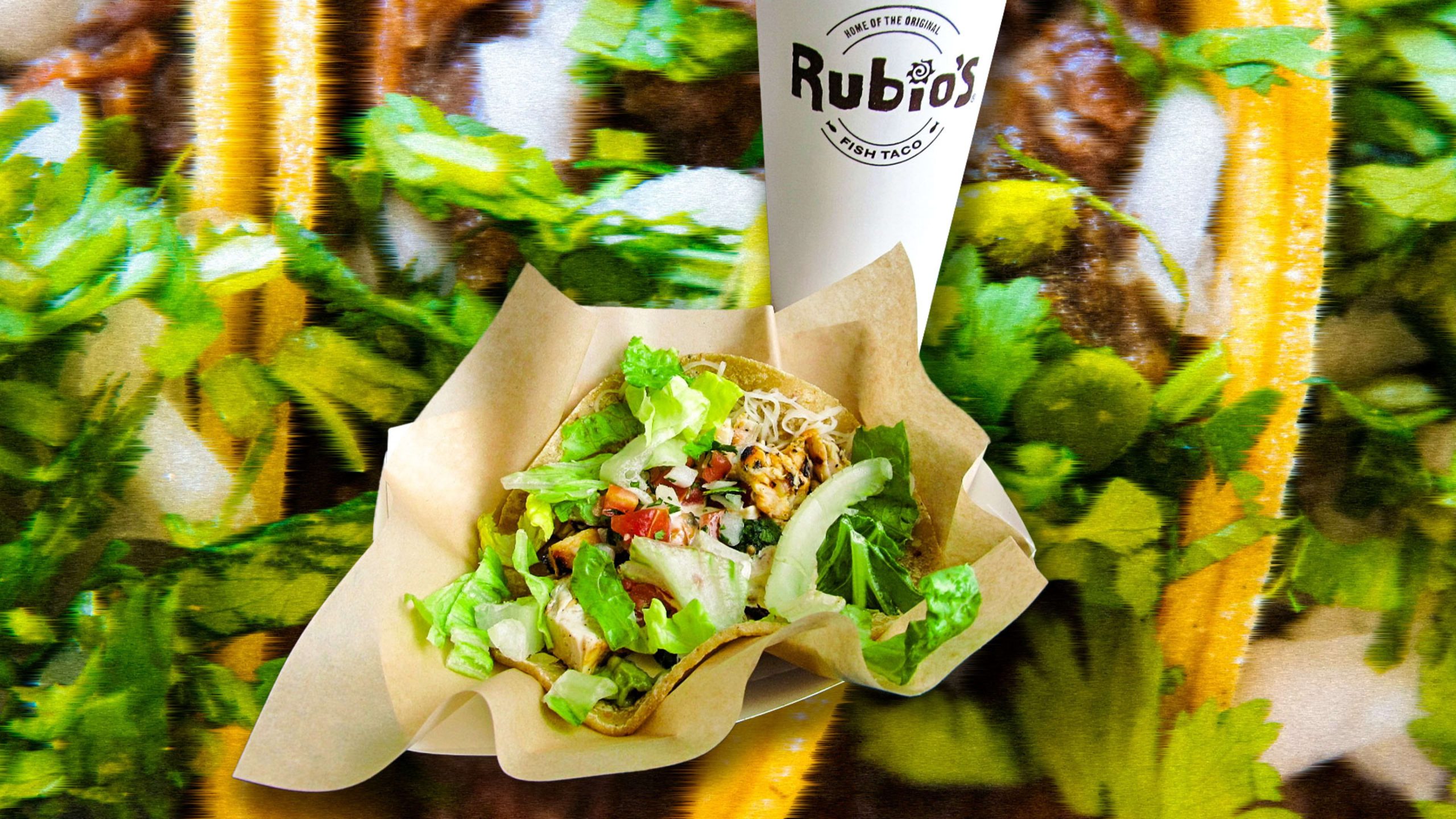Rubio’s Coastal Grill is closing locations, joins growing list of restaurant and retail chains shutting stores in 2024
Rubio’s Coastal Grill is closing locations, joins growing list of restaurant and retail chains shutting stores in 2024
The company, which had sought bankruptcy protection back in 2020, is among the California food chains impacted by recent minimum wage hikes.
Rubio’s Coastal Grill, a fast-casual taco chain that operates in California, Arizona, and Nevada, has reportedly closed 48 underperforming stores in California, including 13 locations in San Diego. As of now, 86 Rubio’s locations remain open across California, Arizona, and Nevada.
The closures are attributed to the rising cost of doing business in California, local media reported a Rubio’s spokesperson as saying. The spokesperson stated that while the closures are difficult, they are a necessary step in a strategic long-term plan to ensure the company’s future success.
Rubio’s is among the California fast food chains impacted by the recent minimum wage hikes, which raised hourly pay to $16 for most workers on January 1 and to $20 for fast food workers in April.
Fast Company has reached out to Rubio’s for comment, including to ask for a list of the shuttered locations. We will update this post if we hear back.
Rubio’s Coastal Grill, known for its Baja-inspired fish tacos, began with founder Ralph Rubio‘s spring break trip to San Felipe, Mexico, where he discovered fish tacos. Inspired by this culinary experience, he opened a small taco stand in Mission Bay, San Diego in 1983. Since then, Rubio’s has grown significantly, selling over 270 million fish tacos.
Financial difficulties
In 2020, Rubio’s filed for Chapter 11 bankruptcy due to the significant impact of the COVID-19 pandemic on its business. It joined a sizable list of restaurant chains that sought bankruptcy protection amid COVID-related shutdowns, including such brands as Sizzler and California Pizza Kitchen.
Back in 2015, Rubio’s had 193 locations nationwide, but it has since reduced this number significantly. Alan Gin, an economics professor at the University of San Diego, noted in an interview with NBC that the closures represent about a third of the remaining stores.
“The first thought that came to my mind was that they were really going to be hit hard by this minimum wage increase for fast food workers from $16 an hour to $20 an hour, but Rubio’s also faces other problems,” Gin told the outlet.
ABOUT THE AUTHOR
(17)



